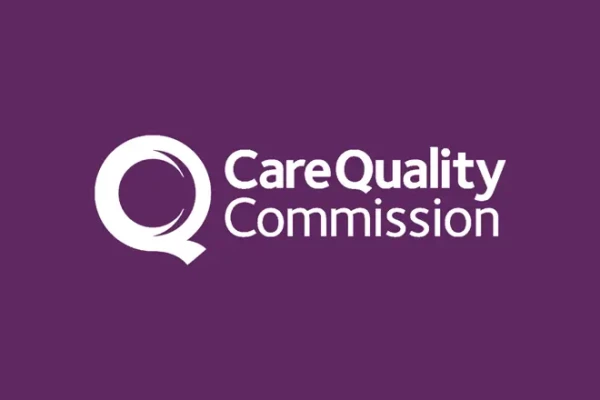We use cookies to help provide you with the best possible online experience.
By using this site, you agree that we may store and access cookies on your device. Cookie policy.
Cookie settings.
Functional Cookies
Functional Cookies are enabled by default at all times so that we can save your preferences for cookie settings and ensure site works and delivers best experience.
3rd Party Cookies
This website uses Google Analytics to collect anonymous information such as the number of visitors to the site, and the most popular pages.
Keeping this cookie enabled helps us to improve our website.
Latest Practice News
All the latest news and information from the surgery and our patient community
 Health Services at Swale Family Hubs
Read more...
06/10/2025
Health Services at Swale Family Hubs
Read more...
06/10/2025
 CQC Inspection
Our service is regulated and assessed by the Care Quality Commission (CQC).
12/09/2025
CQC Inspection
Our service is regulated and assessed by the Care Quality Commission (CQC).
12/09/2025
 Love Your Cervix
The regional Love Your Cervix campaign, launched on 19 June, is aimed at engaging eligible 25–29-year-olds with cervical screening. Read more...
15/07/2025
Love Your Cervix
The regional Love Your Cervix campaign, launched on 19 June, is aimed at engaging eligible 25–29-year-olds with cervical screening. Read more...
15/07/2025
 Help Us Shape Your Community Hub!
We’re building something special—a welcoming space for everyone. Your voice matters, whether you want to join, suggest, or help run a group.
09/06/2025
Help Us Shape Your Community Hub!
We’re building something special—a welcoming space for everyone. Your voice matters, whether you want to join, suggest, or help run a group.
09/06/2025
